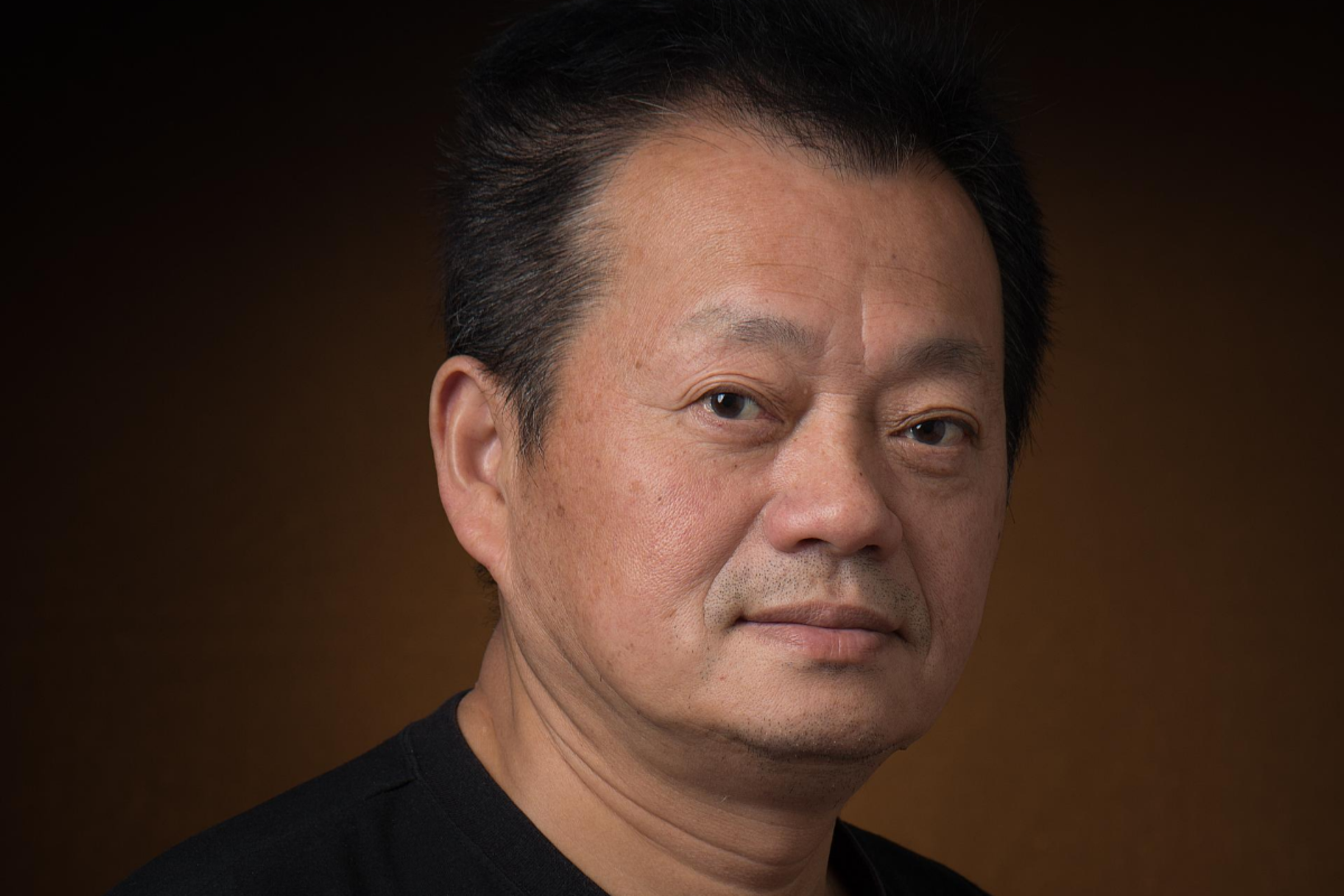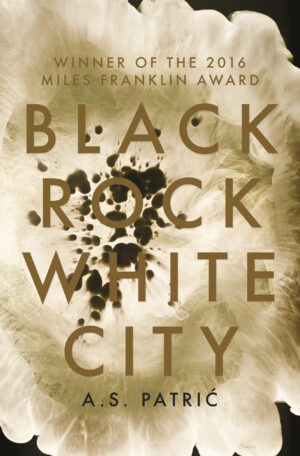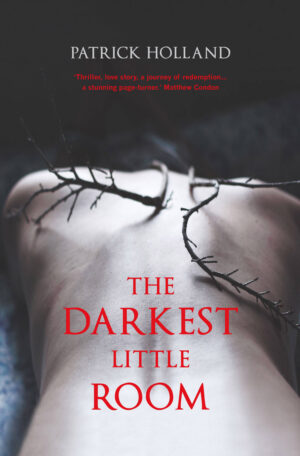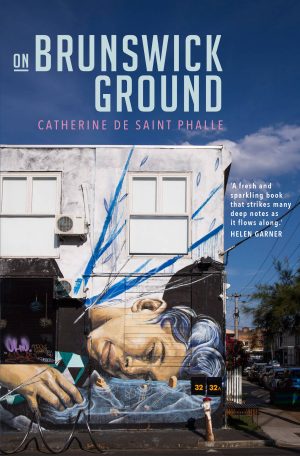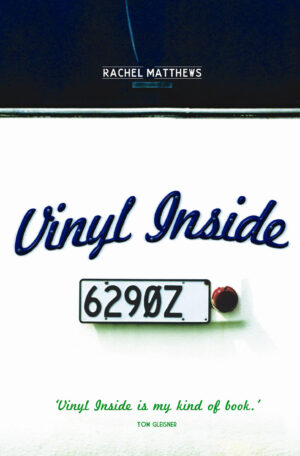If you’re interested in a more elliptical critique of contemporary Chinese society, you won’t find a more incisive example. Yu fully commits to the extremities of this character, who knows no limits to sexual hunger or to corruption and will continually succumb to his most basest instincts, because apparently, he lives in a society that supports such actions. Indeed, it is a society that seems to encourage it. The novel is not unlike Annie Wang’s The People’s Republic of Desire in its focus on characters who cannot seem to find a moral center, even though they seem to desire it.
Asian American Literature Fans, 7 September 2014 http://asianamlitfans.livejournal.com
The broader commentary is Ouyang Yu’s critique of modern China. Old values have been lost. Diginity, beauty, love and community have disappeared. Verdict: Salacious and raw.
Martin Crotty, NT Times, 15 June 2014
It is, what I’d call an “ideas novel” that explores not only what is happening in modern China but also, more generally, what a sex-focussed, market-driven world looks like. And it ain’t pretty. Human relationships and original artistic expression are measured by money, and such values as love and morality are degraded in the wake.
Diary of a Naked Official is a book that shocks and appalls, but that can also surprise and even make us laugh. In it, Ouyang Yu, unlike B, is not afraid to expose “the night in our hearts”. Shi Ma is not a sympathetic character and yet, at times, he makes sense. There are no easy answers, and this book certainly doesn’t provide any. It does, however, ask some very pointed questions.
http://whisperinggums.com/2014/08/09/ouyang-yu-diary-of-a-naked-official-review/
The figurative nakedness soon becomes literal as the diarist begins to pursue sexual adventures with an alphabetised legion of women. Naked poetry, naked self interest and naked nihilism vie for supremacy in a biting and deeply disturbing novel that takes the amoral wonderland of contemporary China head on.
Cameron Woodhead, The Age, Saturday August 23 2014
An unconscionable, seductive narrator is dangerous: it’s landed Bret Easton Ellis in a heap of trouble throughout his career. In American Psycho (which, 20 years on, is still sold shrink-wrapped in Australia), Patrick Bateman was charismatic, attractive, and his abhorrent acts were intentionally affectless, horrifying the reader as we are forced to take on the seemingly absent moral concern. Humbert Humbert’s narration, perhaps through the sheer beauty of Vladimir Nabokov’s prose, made Lolita a worldwide sensation and cultural landmark, because the reader was entranced, implicated.
The point is: moral turpitude enlivens the critique, and makes for a more engaging read. Diary of a Naked Official would never be banned or lambasted in this way, because Yu engages in an overtly damning — if vivid and explicit — account of the narrator’s sex-life.
It lacks the ambivalent affect: the sensation when we aren’t sure whether we like what we are reading, getting caught up in the narrator’s charisma, their power as the “I’’ talking directly in our ear, telling us to love what they love, poetically, over and over. In Diary, it’s a safe sort of horror: provocative content and an intelligent critique of the dangers of erotic capitalism, but safe for us because we can safely separate the narrator from the author, and ourselves.
Yu shows us that with enough capital an unscrupulous man doesn’t need to be seductive to get what he wants. The women he sleeps with aren’t seduced by his charm, they’re just paid well. We finish the book and think about this bad man, perhaps understanding his depravity, but feel no danger of the same slippage. The most effective strategy with a moral critique is to embody the seduction at play.
Justin Wolfers, The Australian June 14 2014
The diarist reflects on love, which he thinks should be spelt ”lust”, and occasionally reminisces about a particular lover, but he is not distracted by ideology, morality or women’s rights. Now, women love a man for his money and leave him for more, he says.
No one is responsible for anybody any longer and he doesn’t know or care whether he makes women pregnant.
AIDS, drugs or gay sex are not even mentioned, but he explores Western literature for ideas about sex, approvingly citing the Marquis de Sade, Michel de Montaigne, Samuel Beckett, Emil Cioran and Michel de Houellebecq, and dismissing Vladimir Nabokov and Somerset Maugham.
Alison Broinowski, Sydney Morning Herald, Canberra Times 21 June 2014
….. Reading this book was like looking at a TV report on the pollution in many major cities in China. It’s thick with the tainted idea of what sex is – and it’s just sex, not love or romance. There’s no foreplay or afterglow in this book. And so there shouldn’t be, because the writing reflects the actions of someone who is completely permissive.
The novel is filled with sex scenes; but it’s also filled with poetry and quotes from many well known books that the protagonist has read.
But it’s the writing which stands out; it’s stylised and strong; it’s intimate and cunning and it pulls you in. Yu is a master of language, and his words fit and flow together beautifully … as a portrait of a character and a place that both mirror one another as they wallow in corruption, this story makes you realise what you might not want to happen to you.
**** Rob Kennedy, Good Reading July 2014


